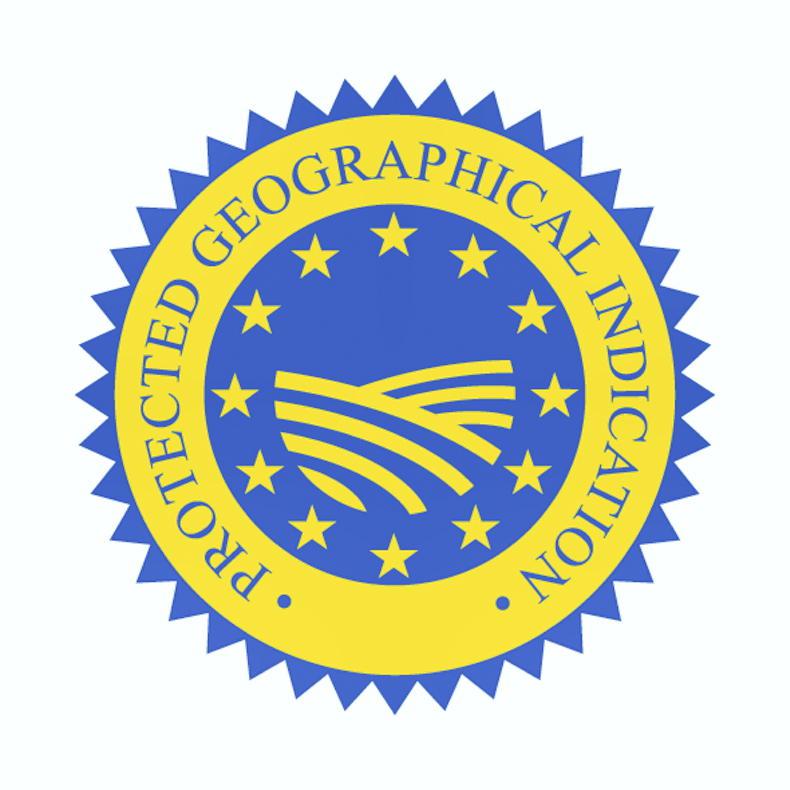This week's news that the UK has lodged an opposition under the EU’s opposition procedure for protected geographical indication (PGI) approvals won't have come as a surprise to PGI promoters.
It became the most likely course of action when the Irish Government decided to submit an application for a grass-fed PGI that would apply to beef produced in the Republic of Ireland only in November 2020.
The EU definition of a PGI is that it “emphasises the relationship between the specific geographic region and the name of the product, where a particular quality, reputation or other characteristic is essentially attributable to its geographical origin”.

In the case of beef and the island of Ireland, it is a reflection of the core cattle diet being grazed grass, hence the Irish application is for Irish grass-fed beef.
PGIs are more common in mainland Europe where they are viewed as a prestige brand. Examples on the island of Ireland are Connemara lamb, Bramley apples in Co Armagh and Bushmills whiskey.
Irish application
While the application was made by the Department of Agriculture, Food and the Marine (DAFM) in November 2020, it was Bord Bia that did the leg work in developing a specification for PGI grass-fed and undertook prolonged and exhaustive consultation with stakeholders in the Republic of Ireland to get consensus for an application.
This process was well advanced when the representative organisations for Northern Ireland (NI) farmers, along with the levy organisation the Livestock and Meat Commission (LMC), combined to issue a very public and forceful statement about wanting to be part of the application from the “get-go” - the phrase used by the Ulster Farmers' Union (UFU) president Victor Chestnutt.
Dilemma
That presented a dilemma for the application. The choice was either to pause and wait for NI to get its grass-fed standard in place and include them in the application or proceed on the basis that a way would be found to bring NI on board at a later date.
This latter option was chosen by the Irish Government, with the Minister emphasising how much it was his intention that it should be extended to NI when they were ready to join.
There was no way to add NI as a bolt-on to a finalised PGI that covered the Republic of Ireland
The problem is that there was no way to add NI as a bolt-on to a finalised PGI that covered the Republic of Ireland. Doing so would not be a minor adjustment, but a major change to the PGI, which would essentially involve a new application.
The European Commission noted the political sentiment of wanting to bring NI under the PGI and in May last year pointed out that the mechanism for doing so was to make a submission as part of the opposition procedure, requesting the inclusion of NI.
The Commission that this should be seen as a “non-conflictual, amicable procedure” and it is willing to help the process.
Opposition procedure
This was identified as the route through which NI could join the process and it has now been taken up, with the UK government lodging the opposition as part of the consultation process, which closes on 8 March.
If, as it seems likely given their previous comments, the Commission accepts this opposition, then the process has to go back and a submission be made that extends to include NI.
With the component parts in place, it is up to the officials to make it happen
While in one sense this is back to square one where we were in November 2020, on the other hand the basic structure is in place and NI should also now have the grass-fed standard sorted. With the component parts in place, it is up to the officials to make it happen.
Given the familiarity in the Commission and political good will that has existed between the ministers in both jurisdictions throughout, a way should be found to quickly progress a revised application.
The nuts and bolts will fall to Bord Bia, which has put the work into defining the standard, and LMC, which is the beef and sheepmeat levy organisation in NI.
It will be LMC’s job to ensure that the standards are aligned in the North, as any attempt to undertake a major rewrite of the standard would risk causing a complete unravelling.
If this can be done, a submission can be made within weeks and while a further three-month consultation period would be required, a PGI could still be in place by late 2022.
The PGI application has become like the old joke about the motorist's request for directions prompting the response that he shouldn’t be starting from here.
Getting a PGI for Irish beef from the island of Ireland has been doing the rounds for the past 20 years. A failed attempt was made both sides of the border with separate applications that were withdrawn in 2010 when consensus couldn’t be achieved.
It is clear now that it would have been more straightforward had NI been included from the outset and it would have been clever if Bord Bia had engaged with NI, as it did with stakeholders in its own jurisdiction in the lead-up to the application in November 2020. NI should also have had its grass-fed standard in place in anticipation.
Challenge
However, to use that other well worn phrase, “we are where we are”, so what needs to happen now is get the north and south elements synchronised to get the job finished, rather than have a blame game and finish where we did in 2010.
What also must be remembered is that securing a PGI isn’t an end in itself, it is just the beginning of a journey to pre-immunise Irish grass-fed beef and that will be a massive challenge.






 This is a subscriber-only article
This is a subscriber-only article










SHARING OPTIONS: